Live virtual tours abroad, with a local guide? Now it is a reality. A link to immersive experiences for discovering the world, from home or at school.
A taste ambassador, since 2017 she has been director of La Cucina Italiana, and since 2021, also Condé Nast Traveller.
Today, Maddalena Fossati is one of the global ambassadors for sustainability at the Condé Nast Group. These significant accomplishments are the fruit of a long, committed, heartfelt journey that has guided Maddalena since her early years. We met with her to ask her to tell us about her professional and personal educational journey, how a vocation comes about, and to help us more effectively spread a strong culture of responsibility.
“
I grew up in a family with a macrobiotic diet when nobody yet really knew about this type of cooking. It was the 1970s, and we drove in cars with petrol engines, and didn't think twice about smog. Except at my house. I remember holidays at Rousseau centres when I was a preschooler, with a lifestyle that emulated the one described by Jean-Jacques in Emile. It was a life spent camping, eating organic, sometimes only vegetarian. It was an era when the food industry was a guarantee, an assurance, and people renounced farms as an aspect of authenticity of ingredients. My grandmother would give me fresh eggs from the chicken coop, and my mum and Carlo, her husband, took me on holiday to Greece, to Paxos, with just a backpack. Our phones had rotary dials and the line was bad. We had no screens to watch. Stimuli came from searching for an octopus under the water, collecting the flattest stones and trying to skim them on the surface of the water. It seems such a distant age, and it is. But not so distant as to justify such a radical change of lifestyle, where you write your number of Instagram followers on your CV.
”
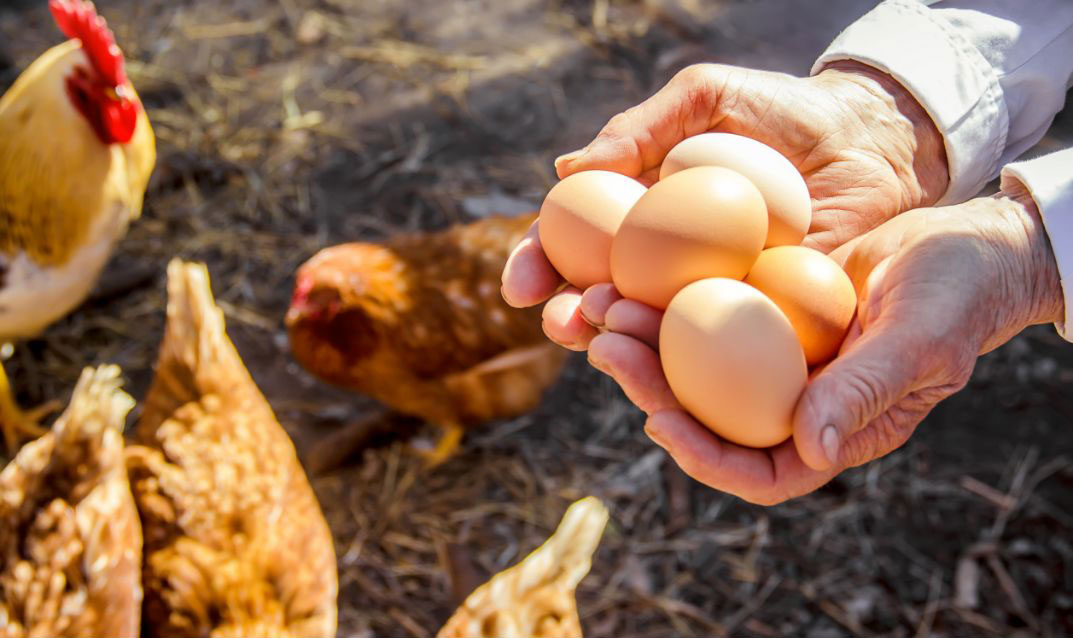
“
On Paxos there were four beaches.
The first was close to the village - a village with a few, lovely houses - the second a little less close, and as the distance increased, so did the beauty, because only a small number of people wanted to trek all the way to the fourth.
An unmissable event of the summer was cleaning the beaches - the first and second, because the other two were fine. We felt as if we were changing the world, as if we were good guests. And in effect we were. At the beginning, the locals looked at us as if we were lunatics, but little by little, week after week, summer after summer, we became part of the group. In the morning, Nassos from the restaurant cleaned the fish in the water of the little port of Loggos - the same fish we would eat with feta and tzatziki that evening; Panaiotiss chased the lobsters on the dock for the same reason; Panais often stopped to offer us an ouzo while he played backgammon, even in the morning straight after our milky coffee. He was 90, and didn't understand that we were minors. We spoke a mysterious language together, a mix of Greek and the language of friendship.
”
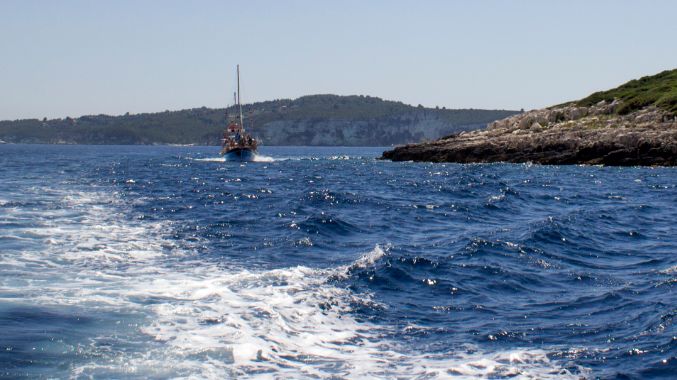
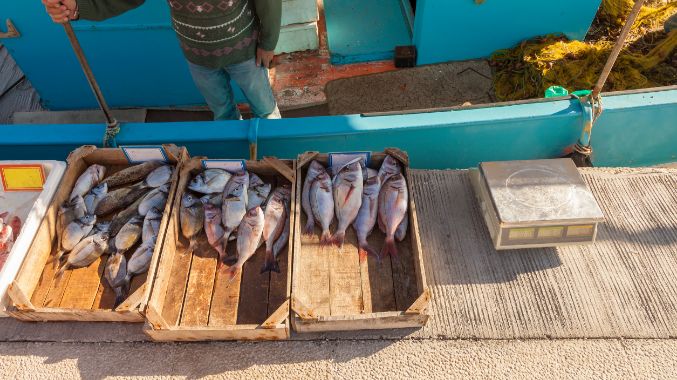
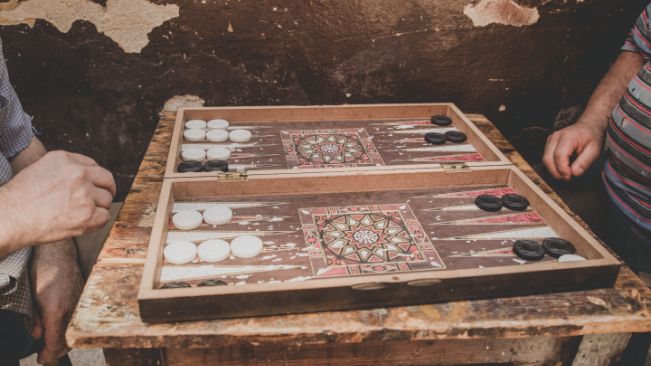
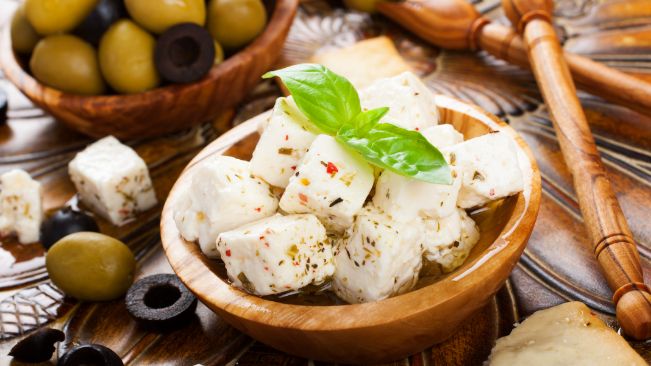
“
Sustainability is a far-reaching concept that involves our entire lives, our sentiments and even our emotions. And sustainability goes hand in hand with generosity. Before I start to seem like a complete goody-goody, I'll explain my reasoning without the connotations of the term; in other words, I believe in kindness: we automatically have to give up a part of ourselves if we want to live in a prosperous community, and this means accepting small sacrifices for the environment, but we are still ourselves in the end. Because we are guests on this planet, not owners, not rulers. Just guests.
Being sustainable, generous and consistent means starting inside the walls of our homes, when nobody can see us, where we can mess up as much as we want, knowing we are wasting as little food, energy, water, as possible. When we were children, we were told: 'turn off the light, electricity is expensive'. And the same applies today, just that the price on our energy bills, which today really is too high, is also a price for the planet. Sorting waste is also 'dirty work' that we owe to ourselves; if we think of it as an act of love, everything will seem less smelly. We need more information and responsibility, to be more conscious recyclers, and roles like the one I fill at Condé Nast (Global Sustainability Ambassador) are crucial to create awareness and establish a real dialogue between organisations, virtuous companies and people.
”
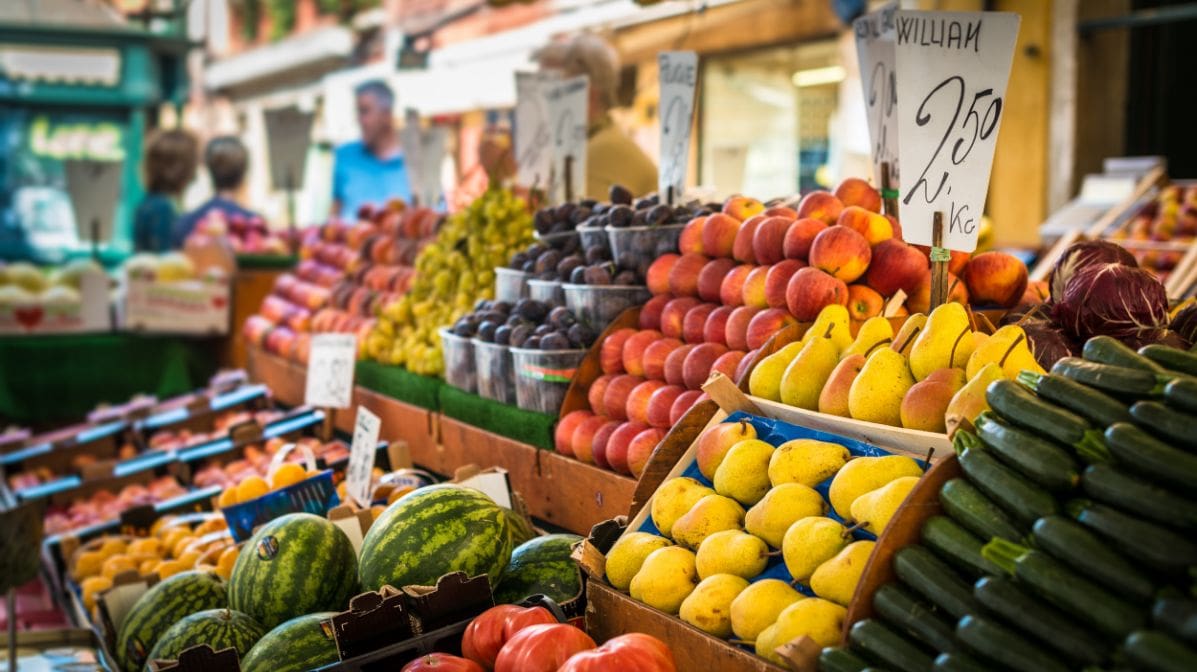
“
Let's start from our shopping: as the director of La Cucina Italiana, I have tasks that go far beyond selling to newsagents and creating the highest possible organic traffic to our sites.
I have two primary missions: making Italy into a country that eats better and better, and protecting our identity, because as you know, the word Italy is in our title.
These are both aspects that are closely connected to sustainability.
I'll explain: today, eating well means correctly nourishing our bodies and minds. It also means wasting less, protecting our bodies, taking less medication, buying the right amount of food for our needs, creating less rubbish, respecting good quality ingredients, and choosing only ethical meat and eggs, probably with a more expensive shopping basket, but partly compensated by the smaller amount of food.
These are important actions, with no order of value, and they are all easily doable.
I also like buying from farmers when possible, at markets with stalls that bring their produce directly into the city. In Milan, where I live, this is what I do. When I do the shopping, I often go by tram, with my trolley in tow, or my neighbour sometimes brings the shopping for the entire building, saving us all, and the environment, multiple trips in the car. Generosity: here the word returns. When we are less alone, we waste less. Have you made too much cake? Offer it to the neighbours. I know, I know, it seems like a wonderful world! But it really is, if we break down our walls of distrust. The world would be a beautiful place, and a lot more sustainable, if we all followed our hearts more.
The protection of our identity, my second mission, is just as important. Because our values are everything.
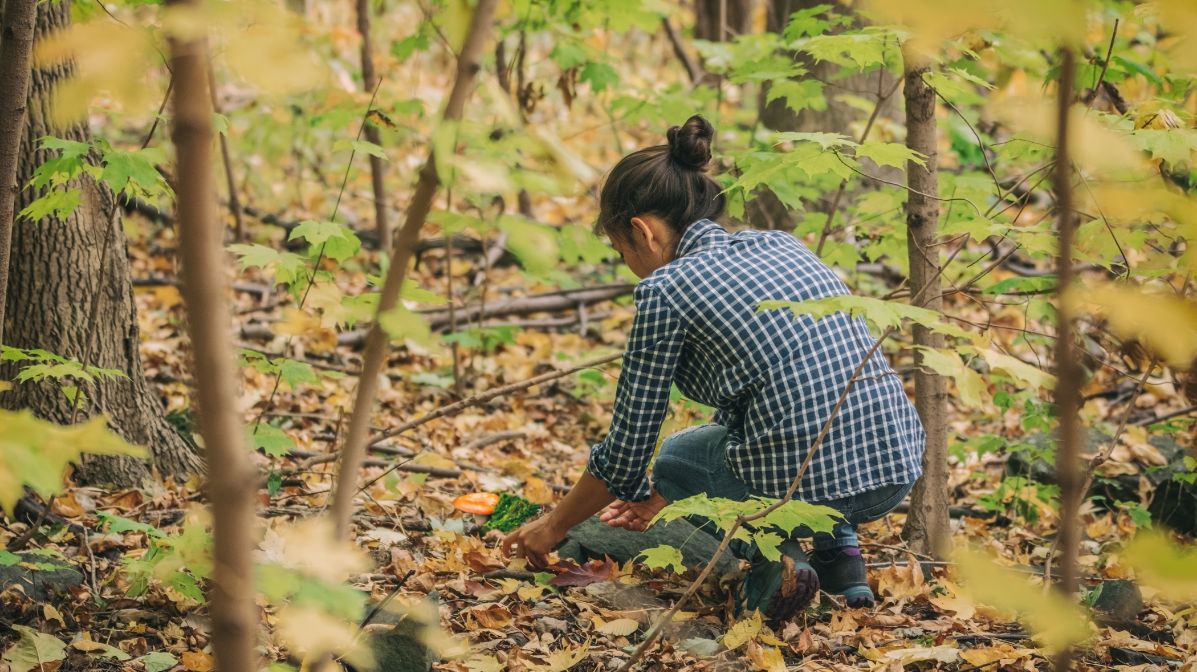
In our culture, there are certain cornerstones of sustainability. Picking wild herbs, which today, to be cool, we call foraging (although, please, let's leave it to those who know what they're doing), but which our grandmothers already did; reusing leftovers; throwing away as little as possible.
In our cookbook, we have gourmet recipes such as ‘risotto al salto’, to say the first thing that comes to mind as a Milan resident: an ode to cooking and saving. But I will also refer to the level of awareness we need to have, in our hearts and minds, of what the social and environmental cost is. We need to. We owe it, I owe it above all to all the children on earth who deserve to have a wonderful place to live.
”
“Yes, I am more and more convinced of it: generosity.
This is the keystone. Of everything.
”
Live virtual tours abroad, with a local guide? Now it is a reality. A link to immersive experiences for discovering the world, from home or at school.
The FIAB representative for the Bicitalia project explains the history and evolution of the national cycle network, to encourage the development of cycle mobility.
